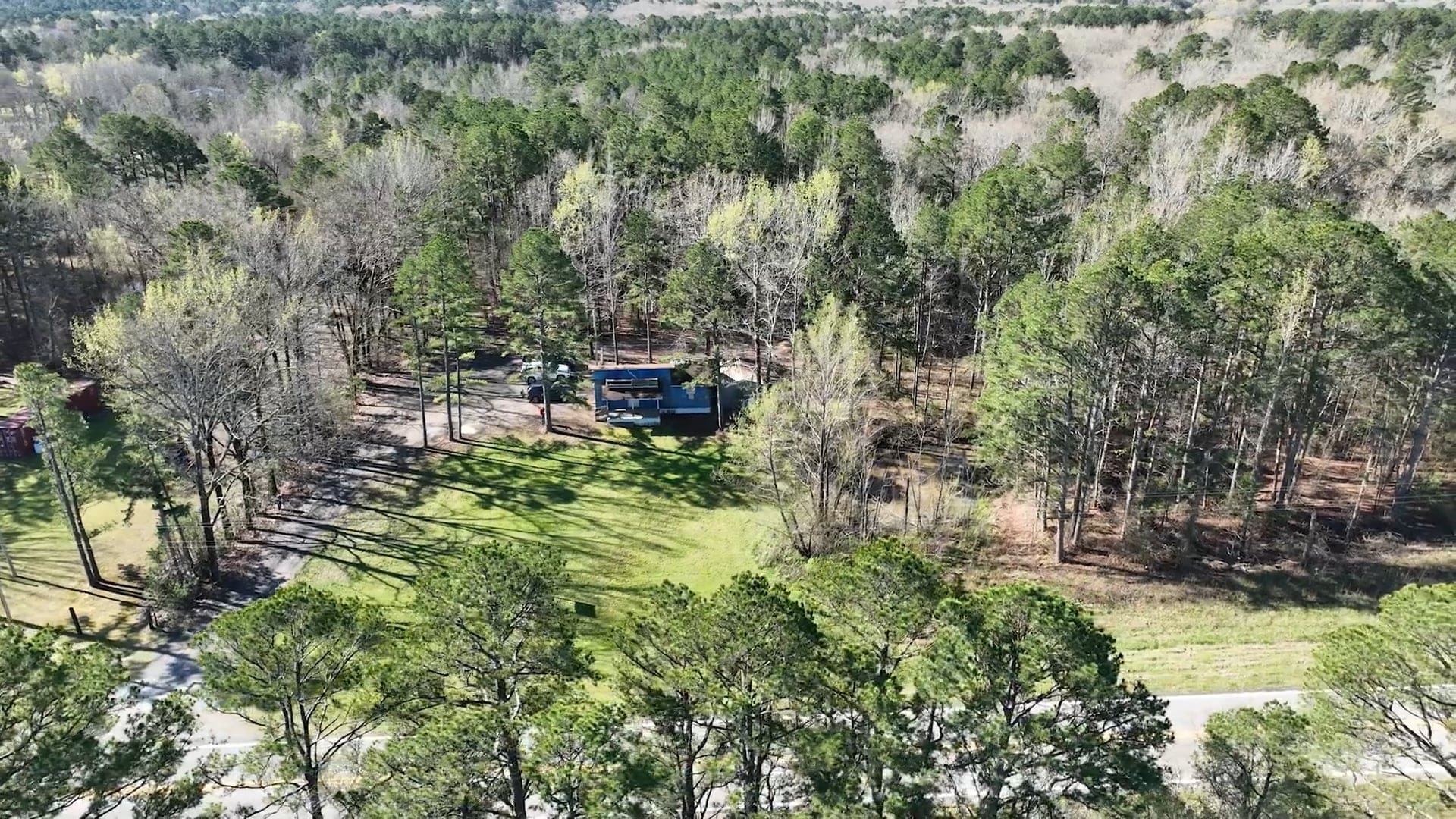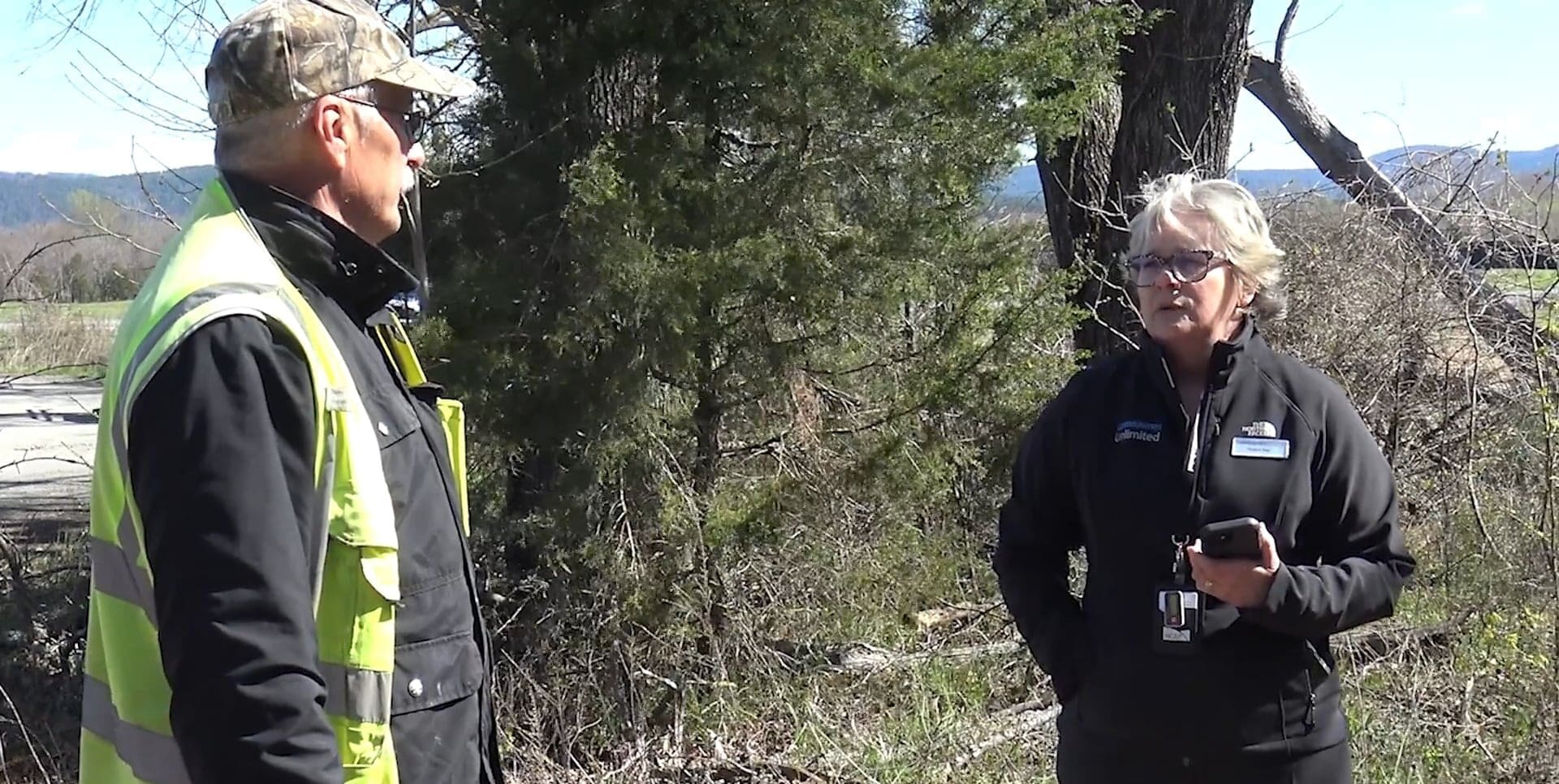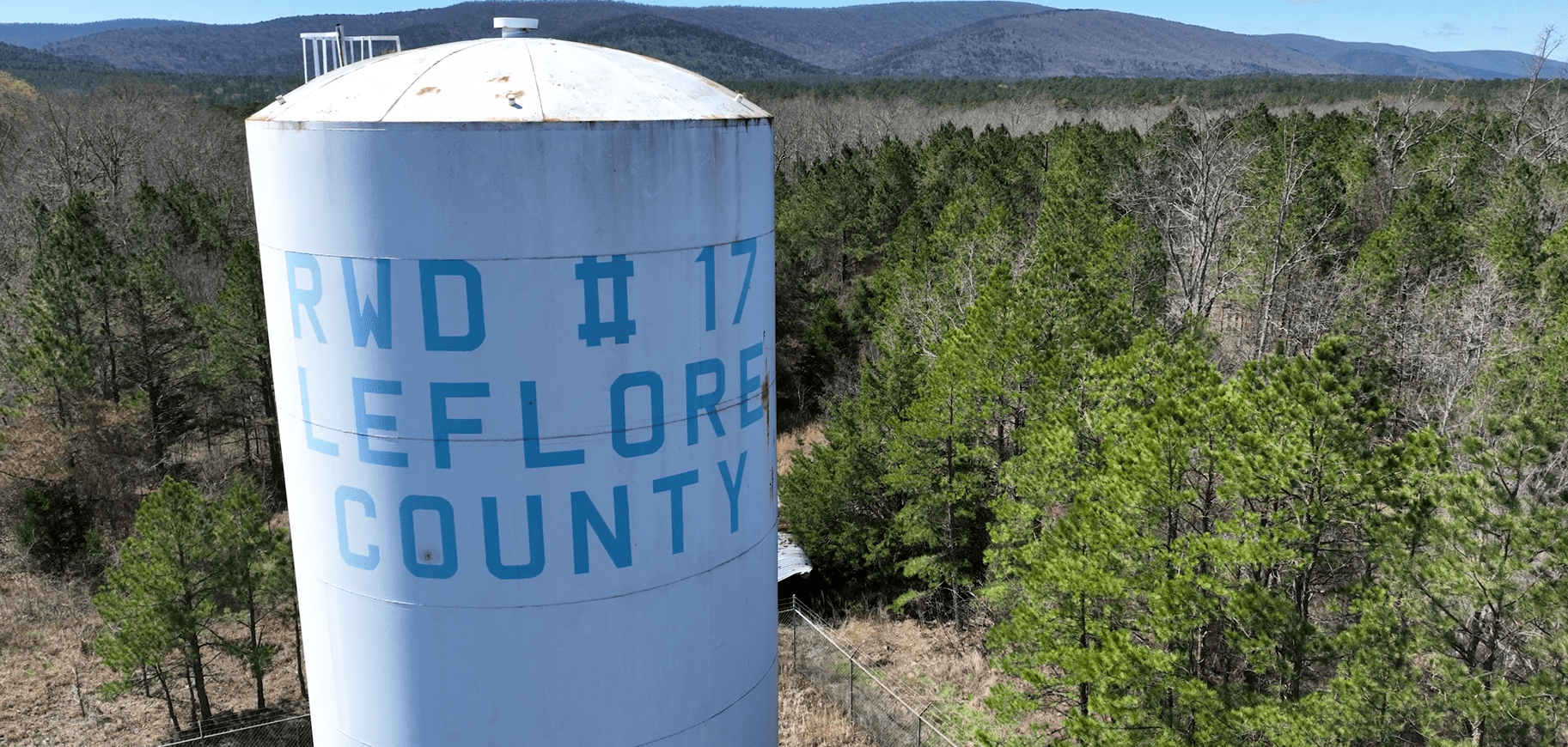A year after LeFlore Rural Water District #17 (RWD #17) shared its story of resilience and turnaround, the small southeast Oklahoma community is seeing its efforts come to fruition.
Backed by nearly $3.3 million in funding, the district is preparing to launch a major water infrastructure overhaul — one that will finally address a long-standing consent order and chronic water loss issues that have plagued the system for years.

The funding package, secured with the help of the Community Infrastructure Team at Communities Unlimited (CU), combines $2.3 million in American Rescue Plan Act (ARPA) funds from the Choctaw Nation, $800,000 in Drinking Water State Revolving Fund (DWSRF) loan forgiveness from the Oklahoma Water Resources Board (OWRB), and additional contributions from other funding sources.
CU worked closely with the district to develop a comprehensive funding strategy, prepare grant and loan applications, and provide the technical and compliance assistance necessary to make the project shovel ready.
“This project has been years in the making,” said Chairwoman Vicki Cearnal. “We’ve been blessed to receive almost $3.3 million in funding that will take care of our DEQ (Oklahoma Department of Environmental Quality) consent order, remediate our standpipe, and replace miles of leaking lines. We’ve come a long way from where we started.”
From Crisis to Construction
LeFlore RWD #17’s journey has been marked by persistent water loss — often between 50% and 80% each month — and a state consent order to fix critical deficiencies in its system. CU’s support proved pivotal in aligning the district with multiple funding partners, including ODEQ, the Choctaw Nation, Indian Health Services (IHS), and the Oklahoma Rural Water Association (ORWA).
To help the district meet funding requirements and secure matching dollars, CU provided two Community Infrastructure Loans: a $25,000 loan closed on April 24, 2023, to match an ORWA Rural Infrastructure Grant (RIG) for leak isolation valves and inline meters, and a $292,920 Pre-Development Engineering (PDE) Loan closed on October 12, 2023, to fund engineering designs and permitting. These loans were critical in advancing the project to a “fundable” status.
Engineering work, archaeological reviews with the U.S. Forest Service, rate studies, and compliance documentation have all been completed to meet funding agency requirements. Construction is slated to begin in August 2025, with completion expected by the end of 2026.
LeFlore RWD #17 worked for several years with Gaylene Riley, CU’s former Oklahoma State Coordinator and now Special Projects Area Director, and is now working with Lucas Guinn, who currently serves as the State Coordinator.

“Communities Unlimited is a great resource for us, no matter what the issue is. From Gaylene to everyone else, you’re always there. We can call or email, and it doesn’t matter what it’s about. That depth of knowledge is invaluable. Gaylene knows a lot about our district from her USDA days, and Lucas has been great to work with, too. As a board member, I’m not an operator or engineer, so being able to talk to someone who knows is huge. Having CU’s expertise is vital.”
— Vicki Carneal, Chairwoman of LeFlore County RWD #17
Targeting Water Loss
A major focus of the upcoming project is replacing aging distribution lines and remediating the district’s standpipe, which will directly address the consent order. Plans also include installing a chlorination station and tackling as many high-priority leaks as funding allows.
“Our system was laid in rocky ground, and over time that shifting rock causes leaks,” Cearnal explained. “We patch one, and another pops up three miles down the road. Even a one- or two-gallon-per-minute leak adds up fast. These improvements should help cut our water loss nearly in half.”
The district hopes to reduce losses from as high as 80% down to 35–40%, significantly lowering costs for both water and repairs.

Positioning for Growth
Beyond addressing immediate needs, the overhaul is also positioning LeFlore RWD #17 for future growth. Two small subdivisions are already in development, and Cearnal believes sustainability is key to attracting more residents and investment.
“As a real estate investor and resident, knowing our water is secure for the future is huge,” she said. “Developers wouldn’t invest if our system wasn’t sustainable. More members mean more revenue, which only makes the system stronger.”
CU’s continued involvement has helped train board members in financial planning, budgeting, and rate-setting — all key factors that funders evaluate when awarding grants and loans. Staff training on billing and software has further improved the district’s financial standing.
A New Chapter for LeFlore RWD #17
The transformation is striking for a district that, just six years ago, met quarterly, had little money, and operated with a volunteer staff. Today, it has a full-time operator, is adding office staff, and has a clear roadmap for future success.
“It’s amazing to see how far we’ve come. It’s nothing short of God’s grace and mercy and the incredible people who’ve come alongside us — CU, ORWA, DEQ, and so many others. We’re rocking and rolling every day, and it’s the best volunteer job I’ve ever had.”
— Vicki Carneal
With construction set to break ground and another major grant potentially on the horizon, LeFlore RWD #17’s turnaround story is far from over.

